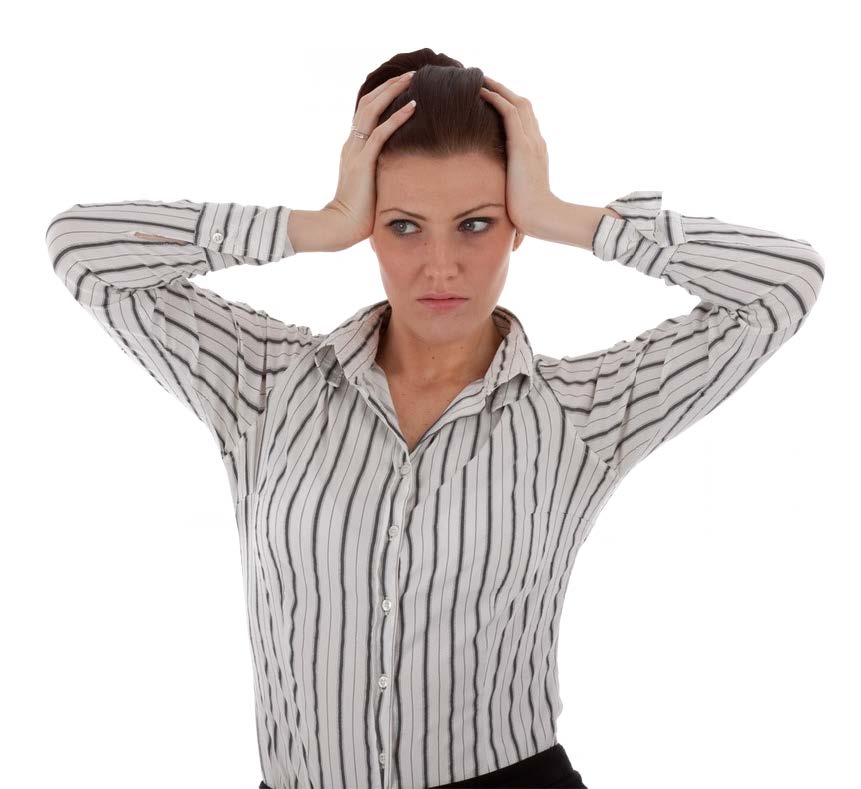2
ARTICLE
記事


False advertisement is untrue or misleading information given to you to get you to buy something, or to come visit their store. Those who make and sell products must honestly present their products, services and prices to you. This includes ads on TV radio, the Internet, newspapers and magazines. It also includes anything a salesperson tells you to get you to buy their product.
Most of us have been victims of false advertising. There’s a big difference between pushing the truth and making false claims. Is a product really “scientifically proven,” and "results guaranteed?” For companies that cross the line, it can cost millions. Major brands have had to pay up, facing scrutiny from competitors and the FDA. Not all companies have had to pay up, but each has dealt with a fair amount of negative publicity.
The question is, will companies change their marketing policies, or continue to prioritize profits over the consumer’s right to know? Keep in mind that just because an item is on sale, doesn’t mean it’s the lowest price in town. To get the best prices, you need to shop around.
Directions: First repeat after your tutor and then read aloud by yourself.
課題: 先生の後に続いてくり返した後、今度はひとりで発音してみましょう。
Directions: Read the questions aloud and answer them.
課題: 質問を声に出して読んだ後、答えてみましょう。